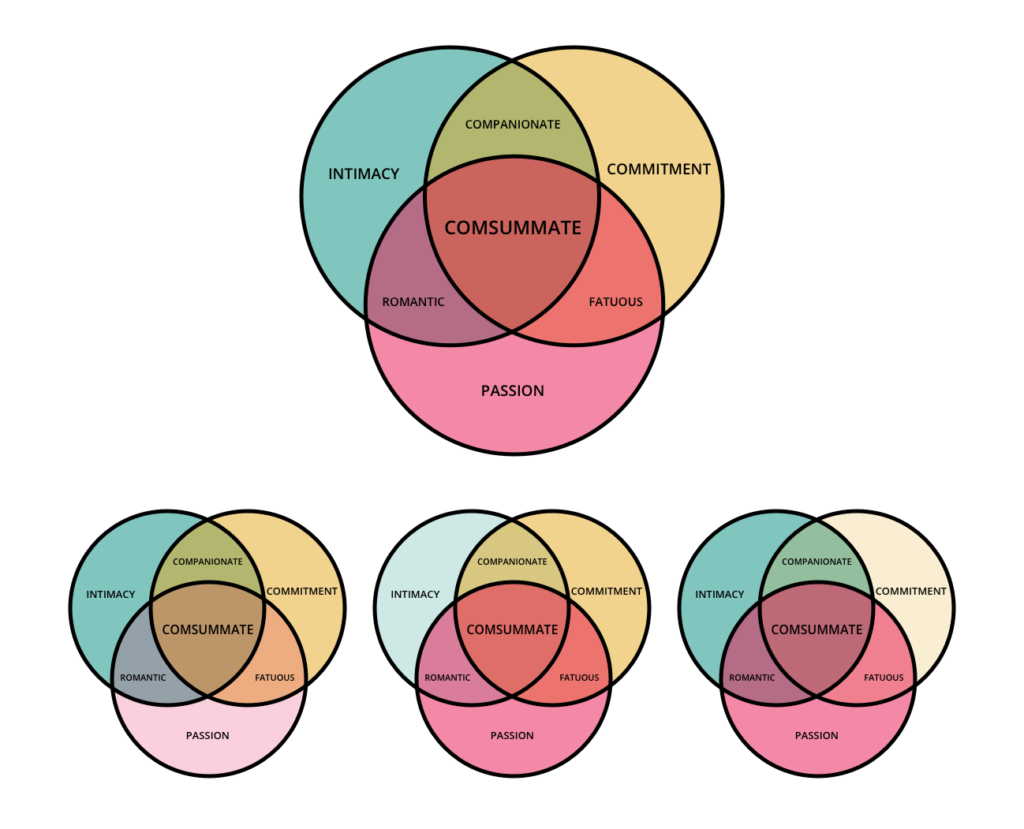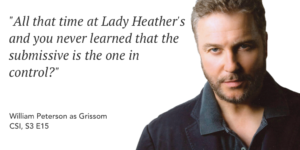I say no.
But, really, who the fuck am I?
I’m someone who does my research and can tell you that scientists also say no.
So, why does it happen so frequently that it’s taken as a fact of life?
I have a theory.
Many people today see time as an enemy to good relationships and passion, but time is only problematic if you are using it unwisely.
If you are engaging in destructive behaviors, then time is a problem to you because time causes those destructive behaviors to accumulate.
If you are engaging in constructive behaviors, then time is an ally to you because time causes those constructive behaviors to accumulate.
In other words, its what we do and the choices we make over time that determine our path.
Not just passion, of course, but because passion is one of the more delicate aspects of a relationship (and for many, the most difficult to talk about and get back on track when things slow down), it’s often first to go.
Elaine Hatfield and Susan Sprecher worked together to create a comprehensive scale of what makes passion in relationships:
Cognitive components of Passion
- Thinking about or being preoccupied with your partner
- Idealizing your partner or the relationship
- Wanting to know your partner and wanting your partner to know you
Emotional components of Passion
- Being sexually attracted to and aroused by your partner
- Feeling good when things go well
- Feeling bad when things go badly
- Loving and wanting to be loved in return
- Wanting complete and permanent union
Behavioral components of Passion
- Trying to find out how your partner feels
- Providing service to your partner
- Being physically close to your partner
Points taken from: What is the Passion in Passionate Love?
Looking at those, there are some it’s easy to see doing forever. Some, well, they might take a little more effort… and as those more difficult feelings to maintain fall away, that’s where destructive behaviors take their place.
But if you look over that list, it’s not a bad list to focus on. I mean, who doesn’t want to be in a relationship that includes all (or at least most) of those features?
According to some scientists, Passion is one of three primary relationship points, the other two being intimacy and commitment:

Many relationships never get to consummate (as they use the term), because they lack one of the three foundations. And that’s OK. Some people will never commit, and don’t want to. Some long term friendships will never have passion. Relationships are varied and deserve to be so.
However, if you want passion, if you begin with passion, then you also deserve to continue with passion, rather than believing it must die.
Sure, in even the most amazing consummate relationships, those feeling will ebb and flow, leaving your relationship looking a bit lopsided for a time, as you deal with the inevitability of life happening and stress and change.
However, knowing that passion is not an ephemeral feeling that must disappear, and knowing how it integrates into the other parts of your relationship just MAY give you the hope and the understanding you need to keep it alive or rekindle it.
Must passion fade over time? I say no. I sure do hope I’m right.








